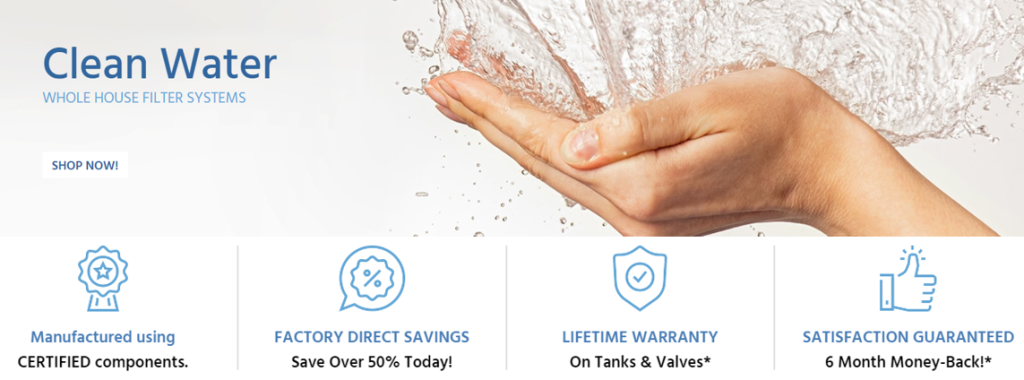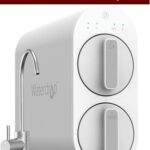To set the hardness level on your water softener, you will need to consult your owner’s manual.
It is important to set your water softener hardness level correctly in order to enjoy the benefits of softened water. If the level is set too high, the water will be too soft and you will end up using more soap and detergent. If the level is set too low, the water will be too hard and you will not experience the full benefit of the water softener.
The best way to set the hardness level is to use a water hardness test kit. These kits are available at most hardware stores and home improvement centers. Simply follow the directions that come with the kit.
Once you have determined the hardness of your water, you can then adjust the settings on your water softener accordingly. Most water softeners have a dial that can be turned to the desired setting.
If you have any questions about how to set your water softener hardness level, consult the owner’s manual or contact the manufacturer.
Install a Home Water Filter & Get "Unlimited Safe Drinking Water" For Decades
Get Upto 55% Discount With a Lifetime Warranty & 6-Months Money Back Guarantee Free Shipping
SpringWell Water Filtration Systems: 100% American-Made & NSF Certified Water Filters and Water Softeners
How Do You Set The Hardness Level On A Water Softener?
To set the hardness level on a water softener, you will need to consult your owner’s manual.

If your home has hard water, it probably has a water softener. Water softeners remove hardness minerals, including calcium and magnesium, from water. This leaves soft water, which can make a big difference in how your home feels.
The hardness of your water depends on the type of water you have. Groundwater is usually harder than surface water. The hardness of your water can also change depending on the time of year and the amount of rainfall.
You can set the hardness level on your water softener to match the hardness of your water. This will help the softener work more efficiently and extend its lifespan. Here’s how to set the hardness level on a water softener:
1. Look at the hardness of your water. You can find out the hardness of your water from your local water supplier or by ordering a water test kit.
2. Set the hardness level on your water softener. Most water softeners have a dial or knob that you can use to set the hardness level.
3. Test the hardness of your water. Once you’ve set the hardness level on your water softener, test the hardness of your water to make sure it’s correct. You can do this by ordering a water test kit or contacting your local water supplier.
4. Adjust the hardness level if necessary. If the hardness of your water is not at the level you want, you can adjust the hardness level on your water softener.
What Is The Ideal Hardness Level For A Water Softener?
The ideal hardness level for a water softener is 1 gpg.
If you have hard water, it can be difficult to get your clothes clean and your dishes free of spots. You may also notice that your skin feels dry after showering and your hair looks dull. These are all signs that you need a water softener.
But what is the ideal hardness level for a water softener?
The ideal hardness level for a water softener will depend on your specific needs. If you have a large family and do a lot of laundry, you may need a water softener with a higher hardness level.
On the other hand, if you have a small family and don’t do a lot of laundry, you may be able to get by with a water softener with a lower hardness level.
The best way to determine the ideal hardness level for your water softener is to talk to a water treatment expert. They will be able to assess your specific needs and recommend the right water softener for you.
Now that you know what the ideal hardness level for a water softener is, you can start shopping for the perfect water softener for your home.
FAQ
How Does The Hardness Level Of Water Affect A Water Softener?
Why Is It Important To Set The Hardness Level On A Water Softener?
If you’re still unsure about how to set the hardness level on your water softener, please leave a comment below and we’ll be happy to help.


